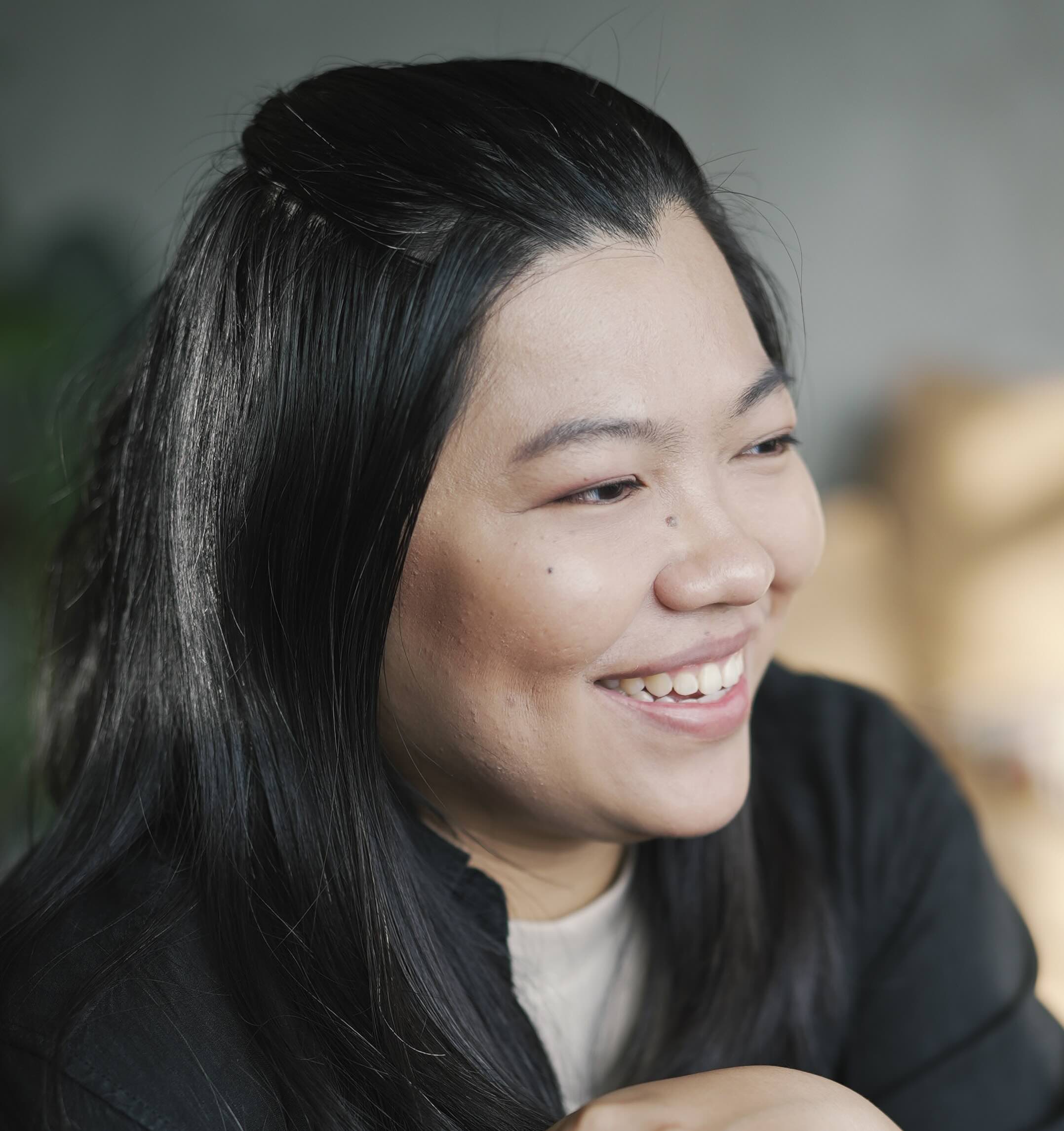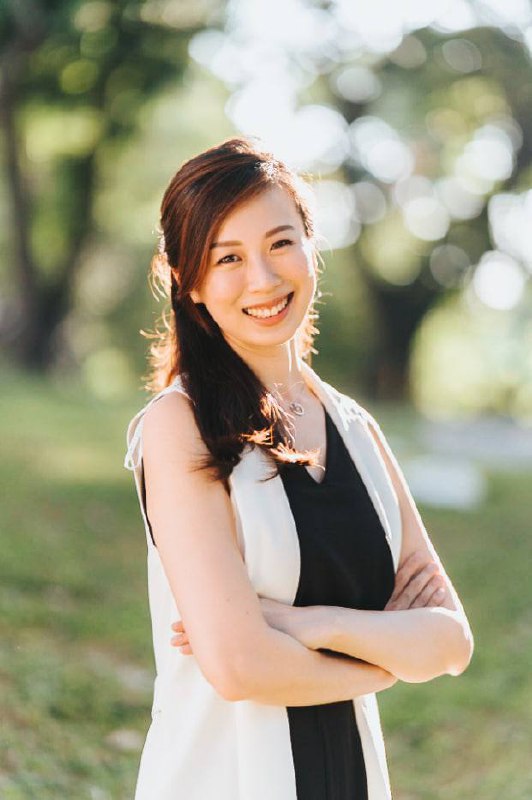Applied Childbirth Physiology & Pelvic Floor Health Intensive
Training Prospectus
We created this CET because we see the need for yoga teachers, movement professionals and birthworkers who work with prenatal and postnatal persons, to understand the physiological process of labour and birth and how the pelvic floor responds to those changes.
Most prenatal and postnatal trainings in movement fields like yoga and pilates might touch on joints, muscles and ligaments of the pelvis, from the viewpoint of needing to stabilise and strengthen (during pregnancy), as well as recover (post-birth). What's often left out are the biomechanical processes that need to occur during labour and birth, including how the cervix changes with the movement of the fetus during labour, and what movement principles and positions can encourage or inhibit those processes to occur.
We want to take a deeper dive into the world of pelvic health beyond 'kegels', and equip facilitators with a wider appreciation of the pelvic floor as an integral part of a larger core and respiratory system.
Most prenatal and postnatal trainings often gloss over the biomechanical processes that need to occur during labour and birth, including how the cervix changes with the movement of the fetus during labour, and what movement principles and positions can encourage or inhibit those processes to occur.
This requires a different lens of looking at the pelvis - from its structure to the soft tissue components which include the uterus and the uterine ligaments. In this course, you will learn:
• how the pelvis modifies structurally
COURSE BREAKDOWN
This Yoga Alliance accredited training adopts a hybrid learning model consisting of in-person and on-demand modules. We will prioritise in-person interactions for hands on practicums, peer teaching and deliberative discussions.
100% attendance and completion of modules is required for graduation.
LOCATION
Havelock Road/River Valley
DAYS/TIMES
| Day | Dates | Time |
|---|---|---|
| Sat & Sun (PM) | 11 Oct 12 Oct |
8am - 6pm 1pm - 6pm |

Dewi (she/her) embarked on her yoga journey in the realm of traditional Hatha Yoga, obtaining her 200H certification as a yogini. From there, she delved deeper into the expansive universe of yoga and psychology, immersing herself in Yin Yoga (200H), Forrest Yoga, Pre/Post-natal Yoga, Kids & Family Yoga, Well-Woman Yoga & Therapy (Womb Yoga), Trauma Sensitive Yoga, Clinical Applications of Polyvagal Theory and Yoga Nidra.
Fuelled by the wisdom gleaned from bodyworkers and therapists, including her own mother, Dewi's path organically evolved into the realm of remedial bodywork and therapy. Her expertise now encompasses Sports Massage Therapy and Clinical Orthopedic Manual Therapy. With a deeper understanding of anatomy and physiology, viewed through the lens of therapy and movement rehabilitation, Dewi crafts her group classes with precision and insight. Her passion lies in empowering her clients to recognize their innate intelligence, allure, and resilience.
Driven by a fervent desire to support mothers from #wombtoworld, Dewi expanded her expertise as a certified birth and postpartum doula under the prestigious DONA International in 2019. She's also a certified Evidence Based Birth® instructor, Spinning Babies® Certified Parent Educator, Body Ready Method® Pro, and Girls Gone Strong Prenatal and Postpartum Coach. Drawing from her rich experiences in childbirth education and doula work at Wonder Births, Dewi infuses her pre-natal and post-natal yoga classes with a unique blend of wisdom and compassion. Currently, she's on a mission to curate a collection of pelvic models, with aspirations to craft her own design someday.
Dewi's ability to break down complex topics into simpler terms for her teacher trainees stems from her commitment to making yoga accessible to all. Her trauma-aware approach to teaching is deeply rooted in her belief that we have a duty to be responsible and caring as movement facilitators. Through ongoing training and education, she continues to refine her skills in trauma-awareness, ensuring that her classes are brave and supportive spaces as much as possible.

Brenda graduated from Glasgow Caledonian University with a Bachelor’s degree in Physiotherapy. She spent six years at Changi General Hospital, where she served as a team lead in the Musculoskeletal Outpatient Department.
Her interest in Women’s Health Physiotherapy began after a chance encounter with a pregnant patient experiencing back pain and urinary incontinence. Beyond the musculoskeletal concerns, Brenda found herself navigating the delicate and often sensitive conversations surrounding pelvic health, a topic that can still be difficult to discuss openly in Singapore’s cultural context. This experience sparked her passion for supporting women through education, trust-building, and compassionate care. Brenda believes that knowledge empowers her patients to better understand and manage their conditions. She prioritises patient comfort and strives to build a collaborative, two-way therapeutic relationship grounded in trust and respect. She has completed multiple advanced courses in Women’s Health Physiotherapy, including dry needling certification, to further enhance her clinical skills and provide comprehensive care. Outside of work, Brenda enjoys staying active through resistance training, Pilates, and yoga. She also cherishes spending time with her family and loves cooking with her toddler.
A cyclical understanding towards life
Pregnancy and birthing is a significant period in one’s life with its several iterations and nuances, but it is not the only period that needs attention and care. To be able to serve birthing people well during this time, we need to consider the whole spectrum of their lives. For this reason, this course takes a #wombtoworld approach and touches on pregnancy, labour, birth and the postpartum period.
An ode to the pregnant and birthing body
The pregnant and birthing body deserves attention and respect, especially in a world where this body is often viewed through the lens of medicine and healthcare. We believe that it is possible to acknowledge the advances of reproductive healthcare in saving the lives of birthers and infants, and likewise mourn the loss of agency and autonomy - preventable losses in our view - losses that have led to the view that the pregnant and birthing body is fragile and sick.

Enduring empowerment through knowledge, care and safety
We want to empower everyone with the knowledge and tools they need to have an empowering pregnancy and birth - we view empowerment in this time as seeing yourself as worthy of being seen and heard, being in control of your choices and be granted respected in a world where there may be none given. Parallel to this, we believe that if we approach prenatal yoga through the lens of trauma-informed care, we not only empower birthing people to have safe and fulfilling pregnancy and birth experiences, but the people that come under their care would benefit from having empowered parents and caregivers in their lives - perhaps they may replicate those qualities of empowerment too.
TUTION FEES
The regular fees are $850 SGD.
Early bird fees are $700 SGD.
100% payment must be made to guarantee enrollment. Payment can only be made via bank transfer.
REFUNDS
If the applicant cancels thirty (30) days or more before the start of the program, they will forfeit $300 from the full fee paid; the remaining balance of total payments made up to this point will be refunded.
If the applicant withdraws from the program less than thirty (30) days before the program starts, the entirety of the applicant’s deposit and all balance fees paid will be retained by the programme.
In case a student needs to withdraw from the program due to illness, accident, death in the family, or other circumstances that make it impractical for the student to complete the course, the programme may give a partial refund to the student in the exercise of its discretion.
The programme will not give any refunds or credits after the training starts.
The programme reserves the right to cancel any training before it begins. In that case any payments applicants have made will be refunded in full.



